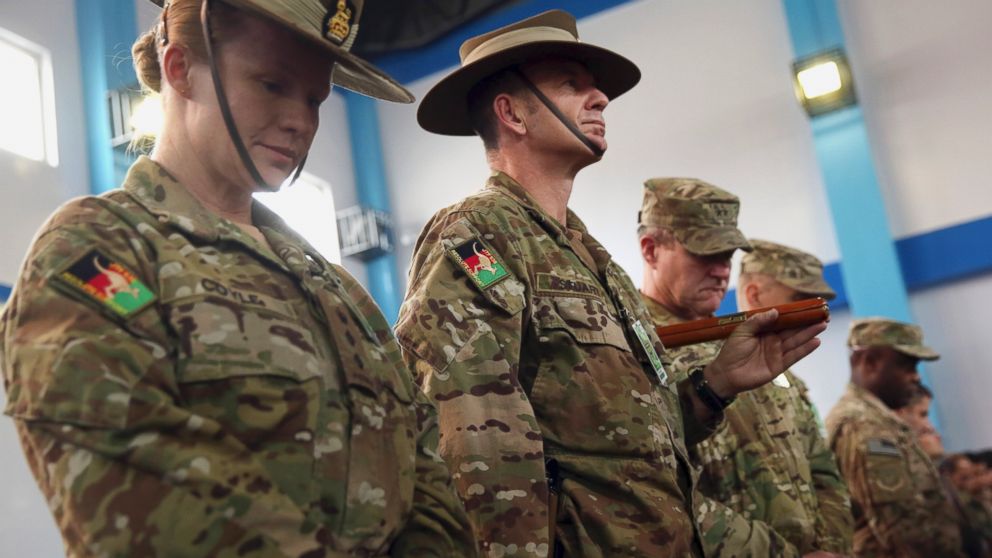What's Next for Afghanistan
What's in store for the war-torn country?

— -- Shortly after the United States and its NATO allies brought the combat phase of their mission in Afghanistan to a ceremonial close on Sunday, the Taliban responded saying that they will continue to wage jihad, and called changing the mission’s name “meaningless."
If the recent Taliban attacks in Kabul and across the country are any indication, they may be right.
Now known as “Resolute Support,” the United States and NATO are focused on a two-year mission continuing to train the Afghan military and develop the logistical and air support it needs to become fully independent.
The U.S. will also continue to provide Afghan troops with combat air support if they should come under attack from Taliban fighters. However, of the 10,600 U.S. troops remaining in the country -- about 1,000 of them will be special operations forces capable of carrying out counterterrorism missions against the Taliban if they pose a direct threat to U.S. and Afghan Forces.
According to Secretary of Defense Chuck Hagel, the U.S. will also continue fighting “against the remnants of al Qaeda to ensure that Afghanistan is never again used to stage attacks against our homeland." But as the United States and other international forces have pulled back and allowed Afghan security forces to take the lead, the Afghan troops have struggled to hold their ground.
In the past year, some 4.600 Afghan members of the military and police have been killed fighting the Taliban. That is more than twice the number of Americans killed in the country during the entire past 13 years, and a rate that U.S. commanders have called “unsustainable." The Taliban have also continued to launch brazen attacks -- assaulting a major base in Helmand province just weeks after the British turned it over to Afghan control and unleashing numerous attacks around the capital of Kabul.
In the past year, the Taliban have targeted restaurants, a luxury hotel and a French cultural center popular with foreigners and Afghans. A South African aid worker and his two teenage children were killed. And days before the official end of Operation Enduring Freedom, two American soldiers were killed when their convoy was involved in a bombing attack near Bagram, just north of Kabul.
The situation is also changing for civilians in Afghanistan. While more girls are going to school and health care statistics such as life span and childhood mortality show significant improvement, one recent United Nations report stated that the continued fighting would result in 10,000 civilian casualties in 2014. Current plans call for U.S. troop numbers to be reduced by half by the end of 2015. By the end of 2016, the expectation is that the only U.S. military presence in Afghanistan will be at the U.S. embassy in Kabul. It remains to be seen what the reduced U.S. troop presence will mean as the Taliban clearly mean to continue the fight.




